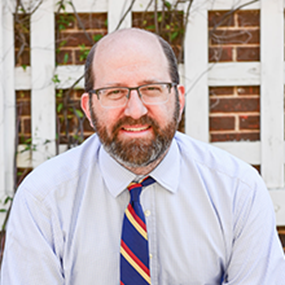Talk by Civil Rights Foot Soldier Charles Mauldin
The public is invited to a talk by Charles Mauldin on Friday, Feb. 2 at 1 p.m. at the Caroline Marshall Draughon Center for the Arts & Humanities at Pebble Hill. Mauldin will share his story and the stories of other foot soldiers to inspire new generations to continue fighting for liberty.
On Sunday, March 7, 1965, more than 600 civil rights activists set out from Selma, Alabama. They planned to march 50 miles to the state capital in Montgomery to protest the fact that many African Americans were still denied the right to vote in Alabama, despite the recent passage of the 1964 Civil Rights Act. But when the peaceful protesters attempted to cross the Edmund Pettus Bridge over the Alabama River on the south side of Selma, they were viciously attacked by state and local law enforcement. This tragedy, known today as “Bloody Sunday,” was broadcast on national television and became a pivotal event in the Civil Rights Movement.
On Bloody Sunday, Charles Mauldin was sixth in line to cross the Edmund Pettus Bridge. He participated in the teacher’s march, attended the meeting in which Dr. Martin Luther King Jr. decided to march to Montgomery, and helped civil rights leaders like John Lewis mobilize support for the Voting Rights Act of 1965. Mauldin grew up in Selma and saw his parents and teachers face discrimination every day. He was motivated to join the Selma movement because of that sense of inequity, and when Bernard Lafayette Jr. of the Southern Christian Leadership Conference visited Selma, 17-year-old Mauldin joined with other students to participate in nonviolent demonstrations.
The program is co-sponsored by the Department of History and the Caroline Marshall Draughon Center for the Arts & Humanities in the College of Liberal Arts.
The Caroline Marshall Draughon Center for the Arts & Humanities at Pebble Hill is located at 101 S. Debardeleben Street, Auburn. For more information on the program, call 334-844-4903 or visit www.auburn.edu/cah.
Tags: Center for the Arts and Humanities Community, Outreach and Engagement History






